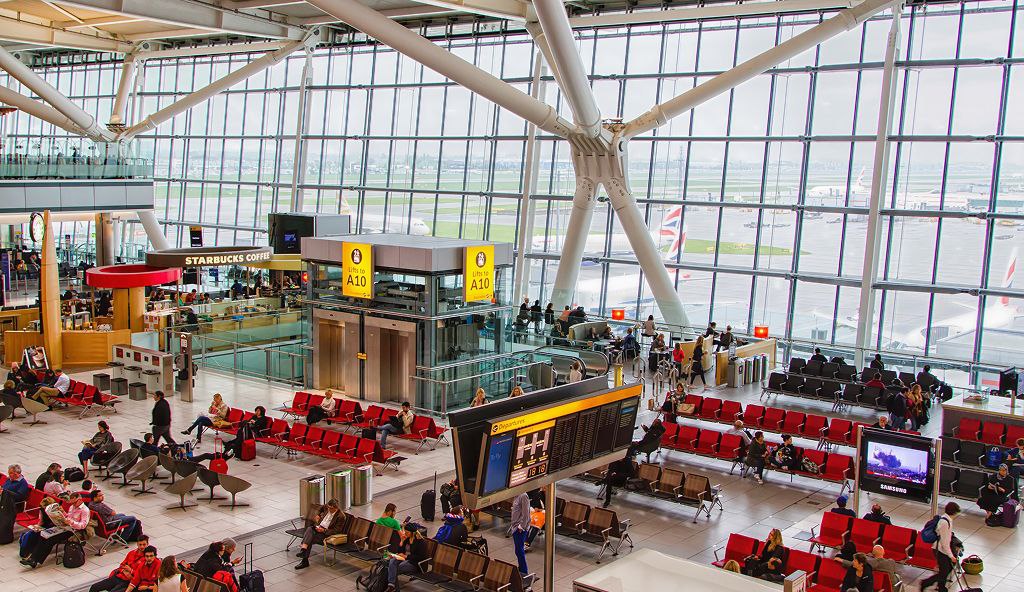- Sep 22, 2025
- 1 min read
Disruption Across European Airports Continues Following Major Cyber-Attack
A cyber-attack on Collins Aerospace, the provider of Muse check-in and boarding software, has caused disruptions across several major European airports.

Photo credit: Milosz Maslanka / Shutterstock.com
A cyber-attack on Collins Aerospace, the provider of Muse check-in and boarding software, has caused disruptions across several major European airports, with travelers affected by flight delays and cancellations.
On Friday, September 19, the Muse check-in system was targeted by a cyber-attack, impacting electronic check-in and baggage drop services across European airports, including London Heathrow, Brussels, Berlin Brandenburg, and Dublin Airport. Despite the disruption, airports have been able to continue using manual check-in and boarding processes.
On Monday, September 22, the European Union Agency for Cybersecurity (ENISA) told the BBC ransomware had been used to disrupt Collins Aerospace’s automatic check-in systems. Authorities continue to investigate, but no definitive attribution for the attack has been made public.
The BBC also reported that an internal memo sent to Heathrow staff says over a thousand computers had been corrupted, with the software provider now close to finishing updating its software in response to the attack.
The risk of cyberattacks in the aviation sector is growing, with Thales reporting a 600% year-on-year increase in June 2025.
While disruption has eased, Heathrow states on its website:
Work continues to resolve and recover from an outage of a Collins Aerospace airline system that impacted check-in. We apologise to those who have faced delays, but by working together with airlines, the vast majority of flights have continued to operate. We encourage passengers to check the status of their flight before travelling to Heathrow and to arrive no earlier than three hours for long-haul flights and two hours for short-haul.
Relevant articles
- news
- 3 days ago
- 1 min read
An international law-enforcement action has dismantled a sophisticated criminal network offering cybercrime-as-a-service.

- news
- 1 week ago
- 1 min read
The Metropolitan Police’s Economic Crime Unit arrested five men in London, aged between 21 and 37, on suspicion of conspiracy to commit fraud involvi…


